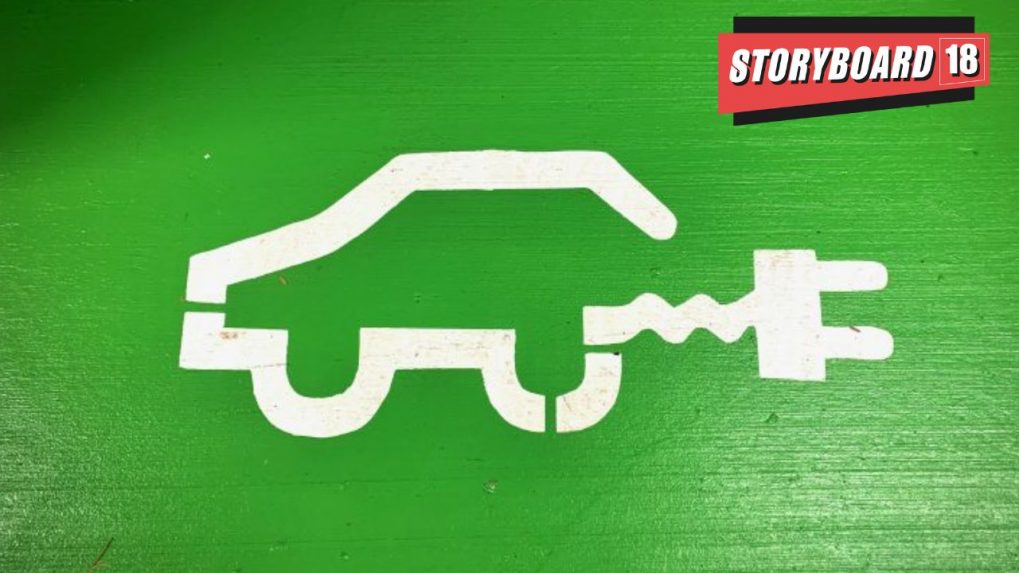From scarce charging infra to city temperatures, EV adoption faces challenges in India
According to the Bharat Lab report, the fear of running out of battery power before reaching a charging station remains a significant challenge hindering the widespread adoption of EVs in the country.
ADVERTISEMENT
The traditional combustion engine is gradually becoming outdated as electric cars are gaining traction. However, despite the promising advancements in electric vehicle (EV) technology, India faces several barriers to widespread adoption.
According to Rediffusion think-tank Bharat Lab's report, the fear of running out of battery power before reaching a charging station remains a significant challenge hindering the widespread adoption of EVs in the country.
Besides, the temperature in cities is another obstacle. Notably, the average temperature should be 15 to 40 degrees Celsius for better performance of EV cars. However, in India's hilly mountain areas, the temperature goes to minus, while western India has higher temperatures. At temperatures above 45–50 degrees Celsius, the battery's electronics deteriorate faster, the report mentioned.
The expansion of charging infrastructure remains another factor in encouraging EV adoption, particularly in non-metro areas and rural communities with limited accessibility. While petrol pumps are ubiquitous, charging stations are noticeably scarce, underscoring the urgent need for expansion, the report added.
According to the data from the Ministry of Power, there are 12,146 operational public EV charging stations throughout the country. Karnataka led the table with 5,130 EV charging stations, followed by Maharashtra (3,079) and Delhi (1,886), respectively.
However, the silver lining is that the overall share of EVs in India's auto market rose significantly to 6.38% in 2023 from 1.75% in 2021.
The Niti Aayog has predicted that 30% and 70% of automobiles, 40% of buses, and 80% of 2 and 3-wheelers would be electric by 2030.

